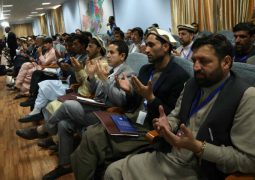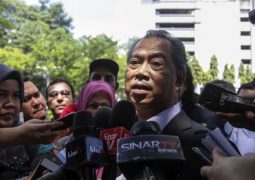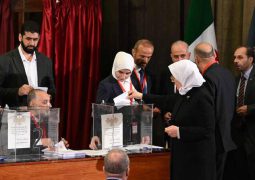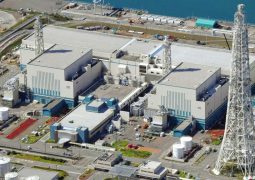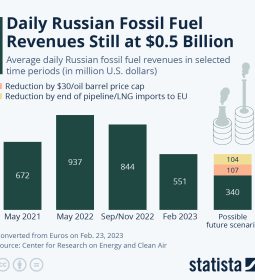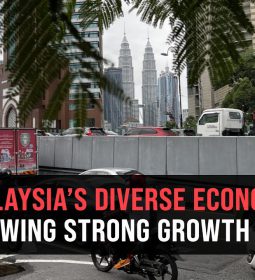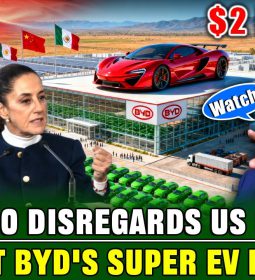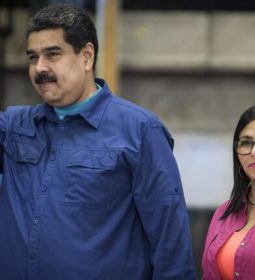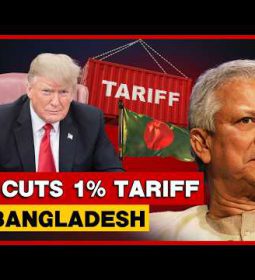US N.Korea envoy confirmed as Pompeo’s number two
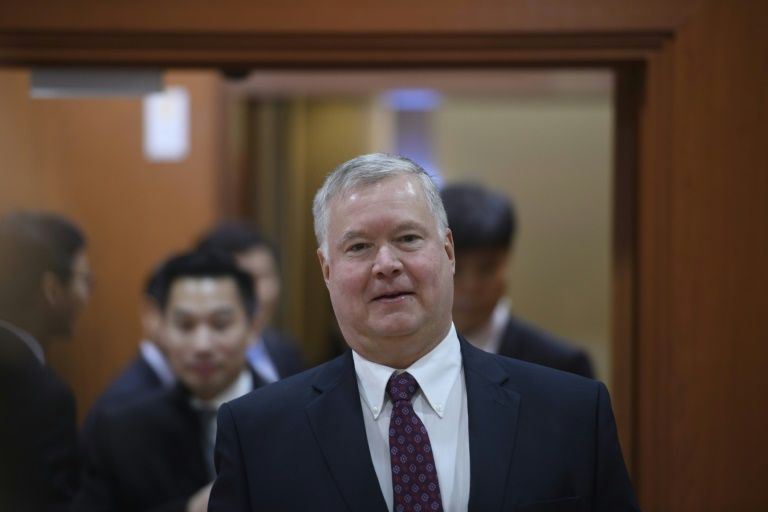
The US Senate on Thursday confirmed North Korea negotiator Stephen Biegun to be the State Department’s number two, raising the possibility that the veteran Republican will become the acting top US diplomat next year.
Biegun, currently on a trip to Asia as tensions mount with North Korea, was easily confirmed as deputy secretary of state, with 90 votes in favor and three senators, all Democrats, opposed.
Biegun’s elevation means he would take over as the acting top US diplomat if Secretary of State Mike Pompeo leaves to seek a Senate seat, a prospect that political pundits see as increasingly likely.
In the latest hint that he is seeking to endear himself to voters, Pompeo recently opened personal Twitter and Instagram accounts on which he shows himself mingling with farmers from his home state of Kansas, cheers on a Kansas basketball team, and teases of pictures to come of his dog.
Pompeo has also become increasingly implicated in the impeachment of Trump, with Senate Democrats seeking his testimony on how the president pressured Ukraine.
While Pompeo is a stalwart defender of Trump, Biegun is not known for his partisanship, and spent years in behind-the-scenes foreign policy roles for Republican lawmakers and former president George W. Bush’s administration.
Pompeo appointed him in August last year as the special representative on North Korea after Trump’s historic first summit with leader Kim Jong Un.
Biegun managed to open working-level talks with North Korea in October, but tensions have quickly spiked.
North Korea, which is seeking a lifting of sanctions, has threatened a “Christmas gift” to the United States if it does not present concessions by the end of the year.
US officials believe that North Korea may be looking to test an intercontinental ballistic missile — which would destroy Trump’s argument that he has succeeded in reducing risks from North Korea.
After initially choosing not to respond to North Korean statements, Biegun on a tour of South Korea, Japan and China called Pyongyang’s comments “so hostile and negative and so unnecessary.”
A native of Michigan, Biegun earlier led the Ford Motor Corp’s relations with foreign governments. He speaks Russian and lived in Russia from 1992 to 1994 when he worked in US-backed democracy promotion.
- Previous This Is Not Just a Muslim Fight.’ Inside the Anti-Citizenship Act Protests Rocking India
- Next South China Morning Post: First Xinjiang, then Hong Kong … now US turns human rights attention to Tibet





